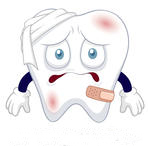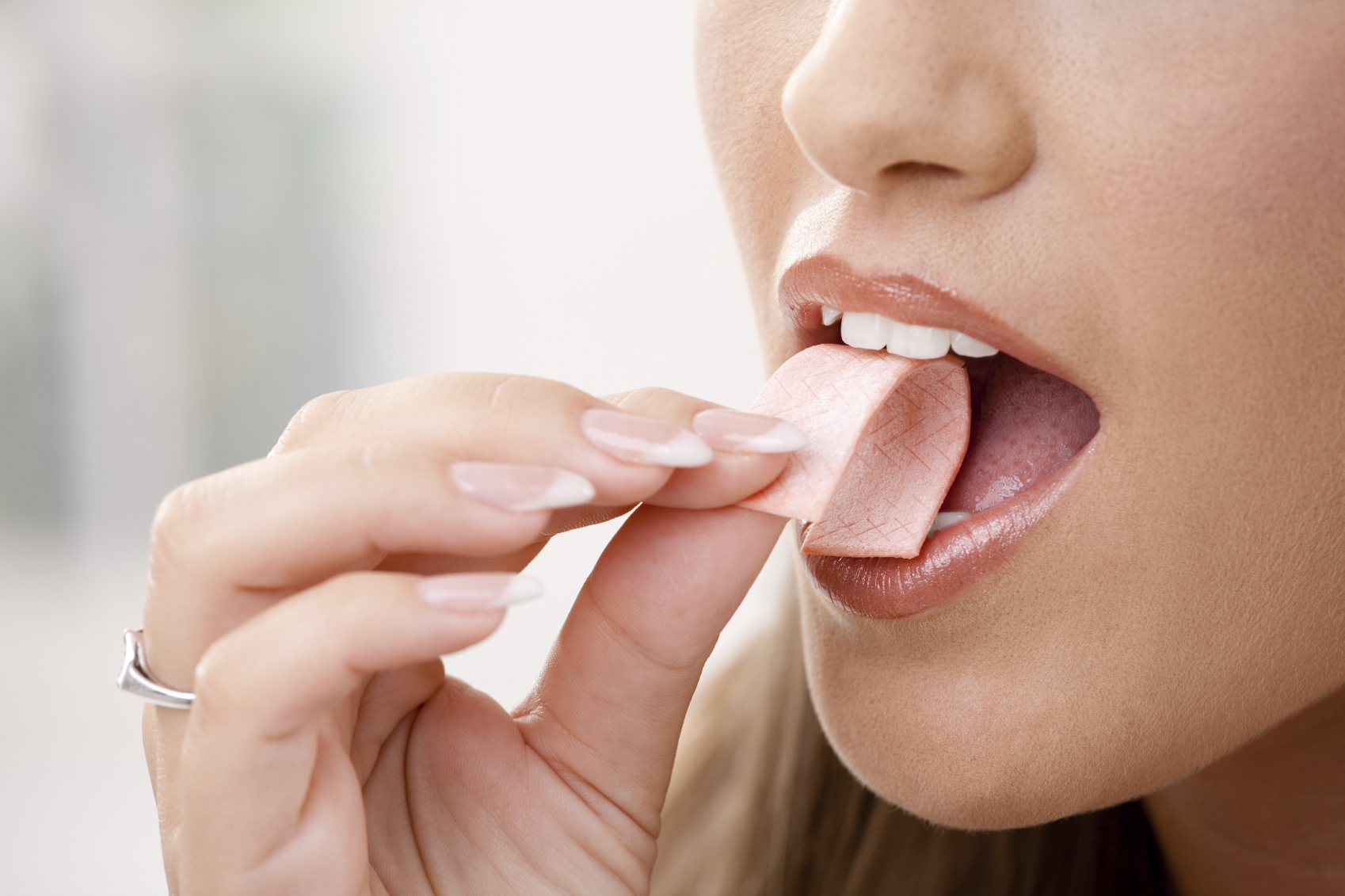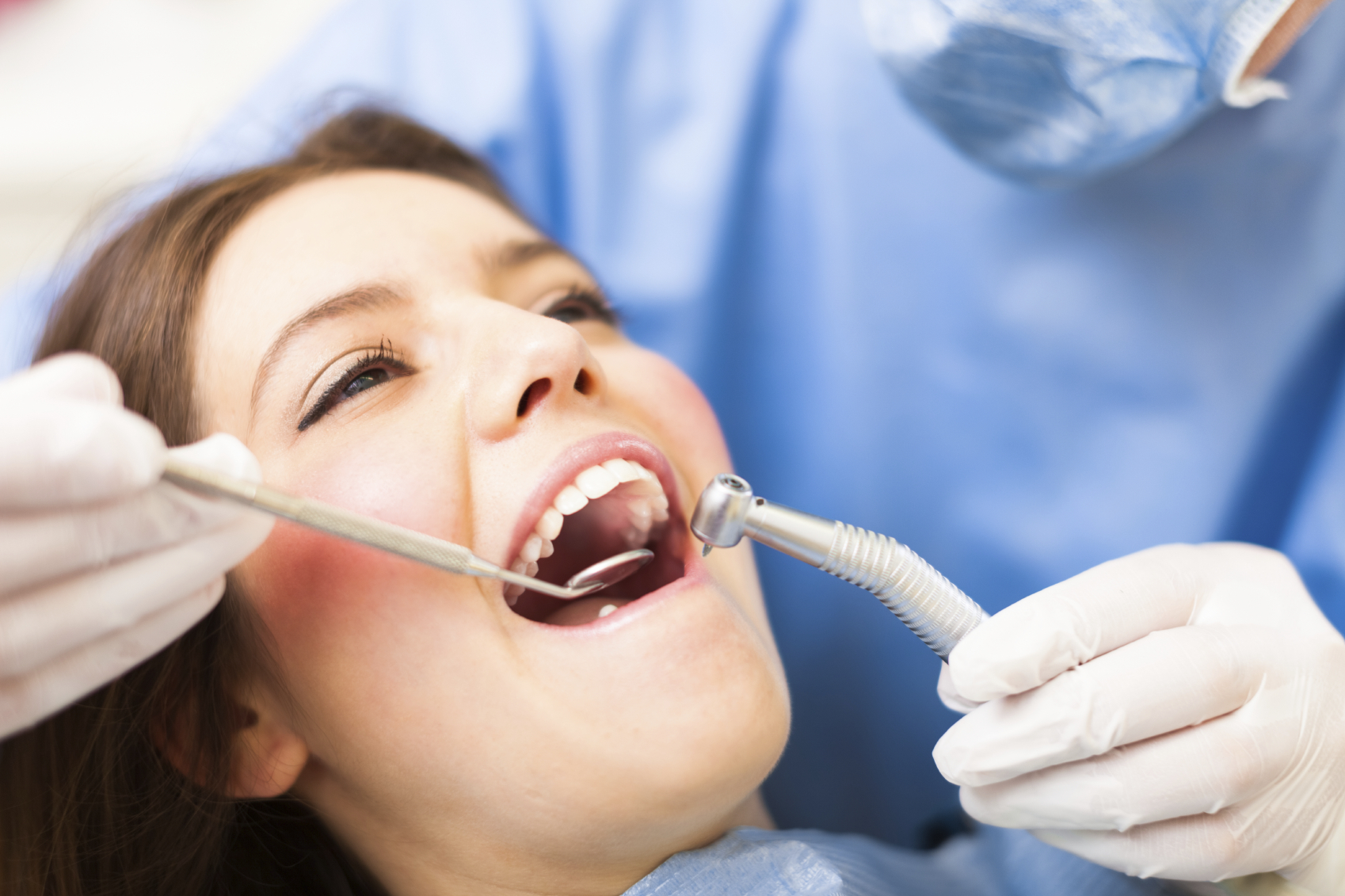The anatomy of the human tooth and gums is a fascinating and intricate subject, revealing the complexity behind what we often take for granted in our daily lives. Teeth and gums are essential for chewing, speaking, and overall oral health, each playing a crucial role in the function and maintenance of the mouth.
Continue reading “Anatomy of the Human Mouth | New York, NY”Navigating the Path to Excellence: Becoming Board-Certified | Henderson Dentist
Embarking on the journey to become a board-certified dentist is a commendable pursuit that requires dedication, education, and a passion for oral health. This transformative path not only elevates your professional status but also ensures a commitment to the highest standards of patient care. In this blog post, we’ll explore the essential steps and key considerations for those aspiring to achieve board certification in dentistry.
Continue reading “Navigating the Path to Excellence: Becoming Board-Certified | Henderson Dentist”Busting Dental Hygiene Myths: Unveiling the Truth | Henderson Dentist
Dental hygiene plays a crucial role in maintaining overall health, yet myths and misconceptions often cloud the path to optimal oral care. In this blog post, we will debunk some prevalent dental hygiene myths to help you make informed decisions and achieve a healthier smile.
Continue reading “Busting Dental Hygiene Myths: Unveiling the Truth | Henderson Dentist”Getting Your Kids to Enjoy The Dentist | Henderson Dentist
A trip to the dentist often invokes anxiety for both children and parents alike. However, transforming the dental visit into a positive and enjoyable experience is crucial for fostering good oral health habits from a young age. In this blog post, we’ll explore effective strategies to help kids not only overcome their dental fears but actually look forward to their visits.
Continue reading “Getting Your Kids to Enjoy The Dentist | Henderson Dentist”Understanding Dental Specialties | Henderson Dentist
Dentistry is a multifaceted field with a range of specialized branches, each focusing on specific aspects of oral health. These dental specialties play a crucial role in ensuring comprehensive care for patients. In this blog post, we’ll delve into some of the prominent dental specialties, shedding light on the unique roles they play in maintaining and improving oral health.
Continue reading “Understanding Dental Specialties | Henderson Dentist”Understanding and Managing Tooth Sensitivity | Henderson Dentist
Tooth sensitivity is a common dental concern that affects millions of people worldwide. Whether it’s a sudden jolt of pain while enjoying an ice cream cone or a twinge when sipping hot coffee, sensitive teeth can be a real discomfort. In this blog post, we’ll delve into the causes of tooth sensitivity and explore effective strategies for managing and preventing this common dental issue.
Continue reading “Understanding and Managing Tooth Sensitivity | Henderson Dentist”What To Know About Dental Emergencies | Henderson Dentist
Dental emergencies can strike at any time, causing pain and anxiety. In this guide, we’ll explore common dental emergencies, their causes, and practical steps for immediate relief. Whether it’s a sudden toothache or a knocked-out tooth, being prepared and informed can make all the difference in managing these situations effectively.
Understanding Dental Emergencies:
Dental emergencies encompass a range of urgent situations, from severe toothaches and broken teeth to injuries affecting the mouth and jaw. Recognizing the signs of a dental emergency is crucial for prompt action. Common issues include intense pain, swelling, bleeding, and damage to teeth or surrounding tissues.
Common Dental Emergencies:
- Toothaches: Causes, symptoms, and initial at-home remedies.
- Broken or Chipped Teeth: Immediate steps to take and the importance of saving any broken fragments.
- Knocked-Out Tooth: Quick response tips for the best chance of saving a dislodged tooth.
- Lost Fillings or Crowns: Temporary solutions until professional help is available.
First Aid for Dental Emergencies:
Effective first aid can alleviate pain and prevent further damage before reaching the dentist. Some families are prepared with an emergency first-aid kit which may include over-the-counter pain relievers, sterile gauze, a small container for a knocked-out tooth, and dental cement for temporary repairs.
Seeking Professional Help:
While temporary measures can provide immediate relief, consulting a dentist is crucial. The guide will outline the importance of contacting a dental professional promptly, even if the pain subsides, to address underlying issues and prevent potential complications.
In times of dental emergencies, knowledge and preparedness are key. By familiarizing yourself with common issues, knowing how to administer effective first aid, and seeking timely professional help, you can navigate dental emergencies with confidence, minimizing pain and ensuring the best possible outcomes for your oral health.
Interested in learning more? Call to schedule an appointment today at 702-735-2755 or visit us online at www.patricksimonedds.com today.
Dr. Patrick Simone proudly serves patients from Henderson and all surrounding areas.
The Battle Against Bad Breath | Henderson Dentist
Bad breath, also known as halitosis, is a common and often embarrassing condition that can affect anyone at any age. While it’s a prevalent issue, its impact on social interactions and self-esteem cannot be overstated. In this blog post, we will delve into the causes of bad breath, effective prevention strategies, and lifestyle changes to keep your breath fresh and your confidence soaring.
Understanding the Causes:
- Poor Oral Hygiene: the most common cause of bad breath is inadequate oral hygiene. Bacteria thrive in the mouth, feeding on food particles left behind after meals. Regular brushing, flossing, and tongue cleaning can significantly reduce the bacterial load, preventing bad breath.
- Dry Mouth: saliva plays a crucial role in maintaining oral health by neutralizing acids and washing away debris. Dry mouth, often caused by certain medications or dehydration, reduces saliva production, creating an environment where bacteria flourish and contribute to bad breath.
- Diet: the foods we consume can directly impact our breath. Strong-smelling foods like garlic, onions, and certain spices can leave a lingering odor. Additionally, crash diets or low-carbohydrate diets can lead to the production of ketones, resulting in an unpleasant breath.
- Tobacco Use: smoking and using tobacco products not only stains teeth but also contributes to bad breath. These habits can irritate the gums, leading to gum disease, another major factor in halitosis.
- Medical Conditions: underlying medical conditions such as respiratory infections, diabetes, and gastrointestinal issues can manifest as bad breath. Addressing these health concerns can often alleviate the associated oral odor.
Prevention Strategies:
- Maintain Excellent Oral Hygiene: brush your teeth at least twice a day, floss daily, and use an antimicrobial mouthwash to eliminate bacteria and plaque buildup.
- Stay Hydrated: drinking an adequate amount of water helps maintain saliva production, preventing dry mouth and reducing the risk of bad breath.
- Watch Your Diet: limit the consumption of strong-smelling foods and beverages. Opt for a balanced diet rich in fruits and vegetables to promote oral health.
- Quit Smoking: if you smoke or use tobacco products, quitting can improve not only your breath but also your overall health.
- Regular Dental Checkups: scheduling regular dental appointments allows your dentist to detect and address oral health issues before they contribute to bad breath.
Lifestyle Changes:
- Go Sugar-Free: chewing sugar-free gum or sucking on sugar-free mints can stimulate saliva flow, helping to keep your mouth moist and fresh.
- Maintain a Healthy Lifestyle: exercise regularly, eat a balanced diet, and manage stress to promote overall well-being, which can indirectly contribute to better oral health
Banishing bad breath requires a multi-faceted approach involving good oral hygiene, healthy lifestyle choices, and addressing underlying health issues. By incorporating these strategies into your daily routine, you can confidently embrace a fresher breath and a more positive social experience. Remember, a little effort goes a long way in the fight against bad breath!
Interested in learning more? Call to schedule an appointment today at 702-735-2755 or visit us online at www.patricksimonedds.com today.
Dr. Patrick Simone proudly serves patients from Henderson and all surrounding areas.
Not All Dentists Are The Same | Henderson Dentist
Dentists, like many healthcare fields, can specialize in a given aspect of their craft. It is important to understand these differences, and to seek the appropriate care for any concerns you may have regarding your oral health.
Here is a breakdown of the specialties that encompass Dentistry, and the services they provide.
Endodontists diagnose, treat and prevent infections and injuries to the pulp or nerves of teeth. You may seek the opinion of an endodontist if you experience acute pain in your tooth, injure a tooth or notice swelling around the teeth and gums. They perform root canals, treat traumatic dental injuries and apply dental implants.
Orthodontics. An orthodontist specializes in the diagnosis, prevention and correction of misaligned bites, and the neuromuscular and skeletal abnormalities of orofacial structures. You may visit an orthodontist to evaluate jaw alignment, straighten teeth, close gaps or improve speech. If you are referred to an orthodontist by your dentist, it is important to make a visit to better understand how you may improve your oral alignment as misalignment can lead to serious health concerns later on.
Periodontists are experts on gum health. Your dentist will recommend a periodontist if you show signs of gingivitis (gum disease), have a complex case of gingivitis or are at risk of tooth loss. Periodontists will aid in the prevention of gum disease, and support your natural or manmade teeth as they monitor your soft oral tissues.
Prosthodontist. A Prosthodontist repairs deficient teeth and replaces missing ones. As their name suggests, they work with prosthetics and custom fit dentures and crowns as permanent replacements for missing teeth.
Oral and Maxillofacial Surgeon. Oral surgeons treat diseases, injuries and defects of hard and soft oral tissues. They may work with patients whose cases require work on the jaw, face, and mouth with issues ranging from misalignment to tumors and cysts within this region.
Interested in learning more about Dr. Simone or the services he provides? Call to schedule an appointment today at 702-735-2755 or visit us online at www.patricksimonedds.com today.
Dr. Patrick Simone proudly serves patients from Henderson and all surrounding areas.
Dry Mouth and You | Henderson Dentist
Dry mouth is a condition in which one’s salivary glands produce an insufficient amount of saliva to keep your mouth wet. Dry mouth can be caused by a natural inability for your glands to produce sufficient saliva, medication, aging issues or as a result of radiation therapy.
Saliva is important because it naturally prevents tooth decay by neutralizing acids, limits bacterial growth and washing away food particles throughout the day. It also makes the consumption of food easier as enzymes in the saliva aid in the breakdown of food. While dry mouth is an inconvenience, it can also have a notable impact on your general and oral health.
If you are unsure if what you are experiencing are dry mouth, here are some some common symptoms:
– Dryness or sticky mouth feel
– Bad breath
– Dry or grooved tongue
– Difficulty chewing, speaking and swallowing
The complications that can result from dry mouth are:
– Increased plaque
– Mouth sores
– Tooth decay
– Gum disease
– Sores or split skin around the mouth
Due to the variety of causes for dry mouth, it’s important to discuss any concerns you may have with your doctor. Your dentist however may be a good resource for suggestions about how to protect your teeth.
Some suggestions may include a fluoride tray or rinse to prevent cavities. There are also prescription or over-the-counter artificial saliva or moisturizers to lubricate your mouth. These can be effective means of alleviating discomfort in addition to suggestions made by your physician.
A few at home remedies you might try include:
– Sip water or chew ice chips during the day and during meals
– Chew sugar-free gum
– Over-the-counter saliva substitutes
– Breathe through your nose
– Utilize a humidifier
There are however, habits ways we can exacerbate dry mouth such as:
– Consumption of caffeine and alcohol
– The use of tobacco, antihistamines, and decongestants
– Consumption of sugary, acidic, spicy or salty foods
If you are curious about whether or not these symptoms apply to you, or have dry mouth and would like suggestions from a dental professional, call today at 702-735-2755 or visit us online at www.patricksimonedds.com today.
Dr. Patrick Simone proudly serves patients from Henderson and all surrounding areas.









